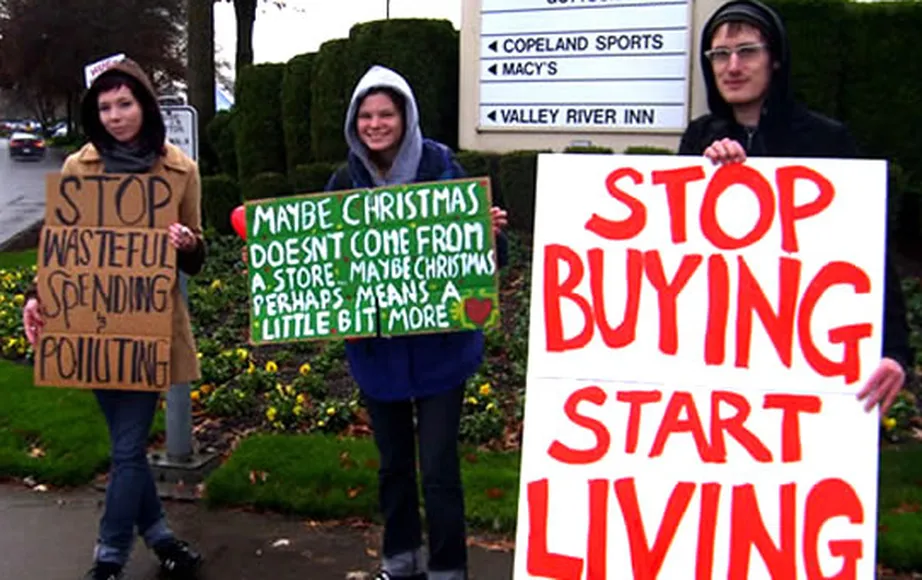
You’ve probably seen it on your feed: people pledging to buy nothing new for a month, a year—or even indefinitely. What started as a personal finance challenge has turned into something deeper: a quiet cultural rebellion against constant consumption. In 2025, this movement is accelerating fast, especially among Gen Z.
What’s happening:
- The #NoBuy2025 and #Deinfluencing hashtags are trending across TikTok and Instagram. People are opting out of the endless loop of hauls, product launches, and impulse buys.
- “Underconsumption-core” is the aesthetic of worn shoes, patched bags, reused jars. It’s not anti-style—it’s anti-waste.
- A growing number of voices, especially women, are rethinking the way capitalism has linked identity with spending power. (Mouthy Money)
Why now?
- Economic pressure: Rent is up, groceries are up, wages… not so much. Choosing not to buy is becoming less a virtue and more a survival tactic.
- Climate crisis: One report from the University of New South Wales highlights how consumer culture is among the biggest contributors to climate degradation. Every product left on a shelf is a small environmental victory.
- Mental clarity: More people are recognizing shopping as a coping mechanism—one that rarely delivers lasting satisfaction. Cutting back becomes a way to regain control.
What it looks like in real life:
- Some are taking on 365-day no-buy challenges, cutting out new clothes, gadgets, skincare—anything non-essential.
- Others are decluttering and committing to “use what you have,” also known as “Project Pan” in the beauty world.
- Social media creators are calling out overhyped products in “de-influencing” videos that ask: do you really need that $300 serum? (GQ)
Not just minimalism—this is resistance
Minimalism once meant owning less for aesthetic or spiritual reasons. This wave feels different. It’s less about clean white spaces and more about rejecting the idea that you need to consume to be valid.
What are the trade-offs?
- Pros: Financial freedom, lower carbon footprint, fewer impulse regrets
- Cons: Can be isolating, difficult to maintain, and for some, it’s a response to systemic inequality—not a lifestyle choice
The big question:
Is anti-consumerism becoming mainstream—or is it just another online phase that corporations will co-opt by the end of the year?
Sources and further reading:
- No-Buy 2025: Why Young People Are Ditching Shopping
- The Rise of the De-Influencer
- Will ‘Underconsumption-Core’ Actually Change Shopping Habits?
- Why One Fashion Insider Quit Shopping
Let’s talk:
Have you tried a no-buy challenge or cut back on spending this year? Was it empowering—or just exhausting? Is this movement sustainable, or is it a privilege only some can afford?